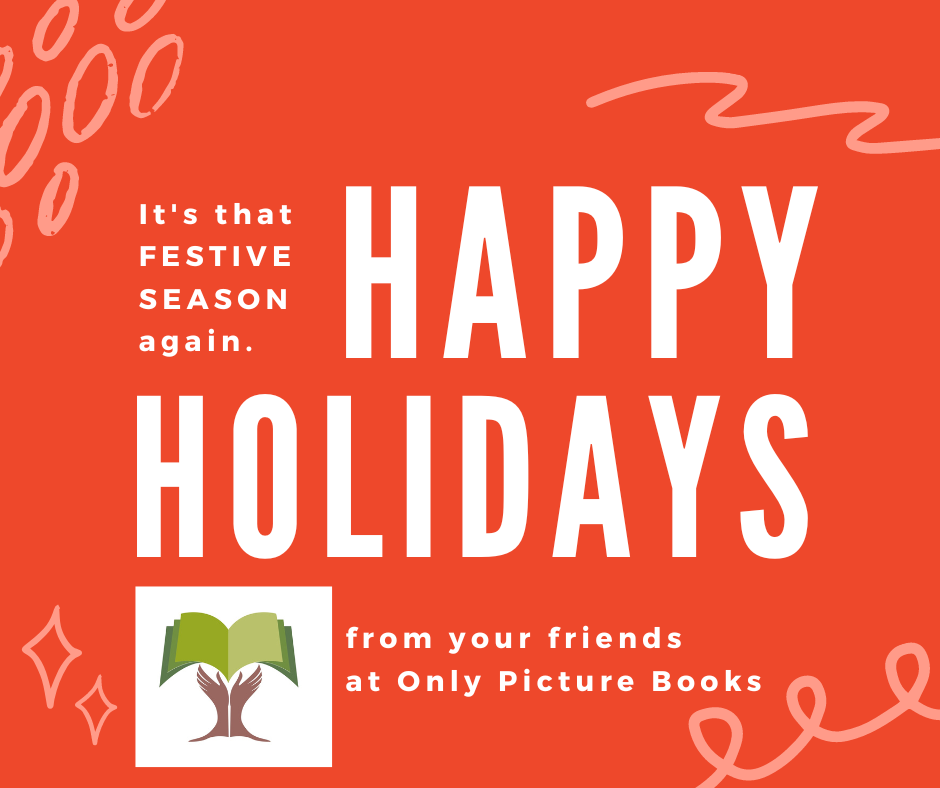
Thanks to having such a GREAT crew of writers, artists, and industry folks visit OPB this past year, tons of terrific/useful/exciting things came out in the interviews. For this final Industry Insider post, I decided to compile some of the most memorable agent/editor interview moments right here in one handy-dandy end-of-the-year post.
**If their answers required a lead-in/framing questions, I included those. Many of these gems, however, stand well enough on their own.**
Did I miss a great line or idea from a 2022 Industry Insider interview that really stuck with you? If so, go ahead and tell me in the comments.
See you in 2023!
Reka Simonsen (Editorial Director, Atheneum)
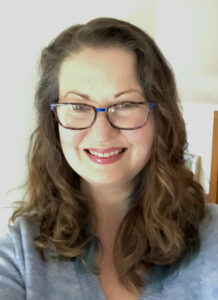 RVC: What’s the most common misconception about editors?
RVC: What’s the most common misconception about editors?
RS: Even in the book world, I find that most people still think that editing means correcting grammar and punctuation—the kind of red-pen editing that a lot of us are familiar with from the notes teachers wrote on our school essays. More experienced writers and agents know otherwise, of course, but first-time authors still often expect that the first thing they’ll see from an editor is a detailed line-level edit of the manuscript, which is usually a much later step in the process, rather than a letter or conversation that looks at the bigger picture aspects of the story, which is more often the first editorial step.
Kayla Tostevin (Senior Editor, Page Street)
 RVC: What important lessons did editing that book teach you?
RVC: What important lessons did editing that book teach you?
KT: This book was probably my first big lesson on how incredibly subjective publishing is. The author-illustrator–my bosses–and I all had many different ideas about the best way to handle many aspects of this book, and I realized, oh, being an editor is much less about fully controlling the development of a book than it is about finding the best route to solid middle ground between multiple visions. It’s not steering the car so much as politely giving directions from the shotgun seat, while sometimes the driver ignores you to make their own rogue turns, or the backseat passengers argue, or your maps app dies and you have to ask everyone to pull over and be patient with you while you reroute.
It’s a kind of chaos I’ve learned to fondly embrace. Having to come up with a new title that satisfied everyone was an especially hard piece of this lesson.
Frances Gilbert (Editor-in-Chief, Doubleday Books for Young Readers/Random House Children’s Books)
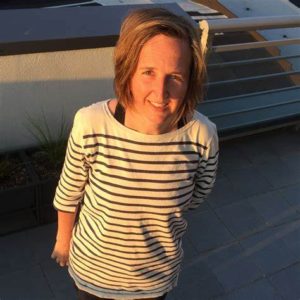 RVC: Let’s help some of the aspiring writers out there. What’s a common misconception about kidlit editors?
RVC: Let’s help some of the aspiring writers out there. What’s a common misconception about kidlit editors?
FG: I know our industry can feel opaque when you’re trying to break in. One thing I always let people know is that we’re always earnestly trying to find exciting new works. I think people have the idea that we enjoy rejecting things, when in truth it’s the opposite. We’re always avidly trying to find great writing. We don’t enjoy saying “No” as often as we must. “Yes” is always more exciting.
***
RVC: One more question for aspiring writers—what are your feelings on art notes?
FG: If I don’t know what you envision happening in the book without art notes, then give me art notes. It’s that simple. I don’t understand why people worry about them so much.
Catherine Laudone (Editor, Paula Wiseman Books)
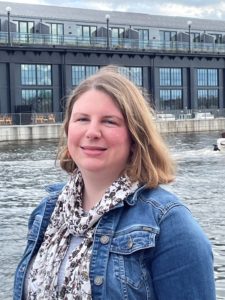 CL: Today, I make time to read for pleasure (and for school), and I go to the library once a week to check out picture books and graphic novels. Although I will admit that I consume novels mostly in the audiobook format these days. It’s easier to listen while doing the dishes, making dinner, or driving somewhere than it is to find time to sit down and read a physical copy.
CL: Today, I make time to read for pleasure (and for school), and I go to the library once a week to check out picture books and graphic novels. Although I will admit that I consume novels mostly in the audiobook format these days. It’s easier to listen while doing the dishes, making dinner, or driving somewhere than it is to find time to sit down and read a physical copy.Allison Cohen (Editor, Running Press Kids)
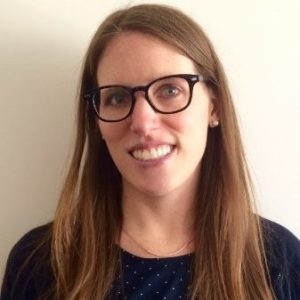 RVC: All the time, I see editors moving into the field of agenting. You did that, but then you boomeranged back to editing. That’s really quite rare.
RVC: All the time, I see editors moving into the field of agenting. You did that, but then you boomeranged back to editing. That’s really quite rare.
AC: I loved being an agent. I loved working with writers across genres—children’s and adult, fiction and non-fiction, etc. And the relationships I built with my authors were unbelievably special. But the 24⁄7 hustle was a lot. You’re not just an agent—you’re an editor, an accountant, a lawyer, a therapist, etc. I often found myself pulled away from some of what I loved best about the job—working with authors on developing their manuscripts. Don’t get me wrong, being an editor requires hustle—nights and weekends reading and editing—but it’s a different kind. I had been talking to an editor friend of mine about life and maybe making a change but not really knowing what that change was.
***
RVC: What’s one thing that a lot of people just don’t quite understand about picture books?
AC: There is SO much that has to come together to make a book. That’s why schedules can be so long. It takes a lot to create synergy between the text and illustrations—you have the manuscript, then you find the right illustrator, then you get the sketches (almost always adjustments are made), then you see the color art (more adjustments are made). You’re getting together materials to share with sales so they can sell in to their accounts. You’re building marketing/publicity plans to launch the book into the world. All this is happening while the managing ed and production teams are doing their best to make sure the books are printed, shipped, etc. There are so many hands that touch a book. It takes time. It’s a lot of work, but then you get the advance copy, hold it in your hands and think, THIS IS WHY. It is incredible when everything works out.
Lisa Rosinsky (Senior Editor, Barefoot Books)
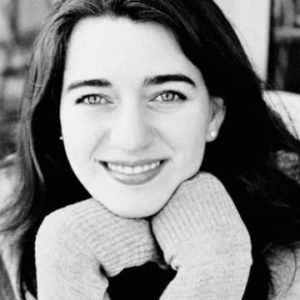 LR: Early mornings are still my favorite time to write…when my creative brain is still loose and dreamy, before my critic/editor brain has fully awoken.
LR: Early mornings are still my favorite time to write…when my creative brain is still loose and dreamy, before my critic/editor brain has fully awoken.
RVC: Who or what has influenced you as an editor?
LR: That’s a tough one…I’d have to name every book I’ve ever read and every editor I’ve ever had the privilege to work with. Most recently, though, I have to say that reading books with my two-year-old has taught me an enormous amount about editing. There’s nothing like reading a book over and over with a toddler to show you where the plot lags or fails to hold a reader’s attention, where the syntax is clunky or there are missing details. And picture books are a shared experience between an adult and a child—you have to think about the grownup buying and reading the books as well as the young audience. My new test for a manuscript when I’m reading submissions is, “Would I still want to read this one again after reading it at bedtime every single night for MONTHS?”
RVC: That’s a high bar, indeed!
LR: Absolutely.
Tricia Lawrence (Agent, Erin Murphy Literary Agency)
 RVC: What’s the most important things authors should know or understand about effectively using social media to support their careers?
RVC: What’s the most important things authors should know or understand about effectively using social media to support their careers?
TL: That social media DOES NOT MATTER without the writing. It supports the book, but it doesn’t supersede the book. You only need a massive social media platform if you’re writing nonfiction for the mainstream adult trade market, say, if you’ve got a new approach to phlebotomy or something (ha!), but the story matters the most in children’s literature and teen literature. It’s ALL that matters.
That said, pick the social media tools you enjoy and leave off the rest. If you don’t like Twitter, it will be obvious. If you LOVE TikTok, go with god and have fun.
Jacqui Lipton (Agent, Tobias Literary Agency)
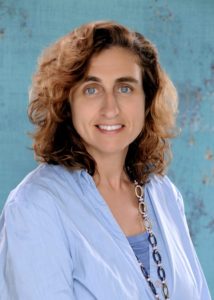 RVC: You work as a legal consultant for writers and creative artists. What’s the most frequently asked question you get?
RVC: You work as a legal consultant for writers and creative artists. What’s the most frequently asked question you get?
JL: Definitely questions about including other people’s work (e.g. song lyrics, lines of poetry, photographs) in your own work—and the extent to which that infringes copyright. A lot of people think that giving attribution to the original creator avoids a copyright infringement problem and it really doesn’t because copyright isn’t about attribution—it’s about copying. Attributing the original creator is always nice, but it’s not a copyright issue. If the original creator gives you permission to use their work and asks for attribution in return, that’s a contract (it’s a contractual license to use their work with attribution).
The other common question is about defamation—say, someone is writing a memoir and want to know what they can “get away with” writing about real people in their lives without being at risk for a defamation suit. Luckily for authors, defamation is a pretty weak law in the United States as compared with other countries. Truth does tend to be a defense and statements of opinion, rather than fact, are typically not defamatory.
***
RVC: What’s your personal feeling on Art Notes from authors?
JL: I think they’re fine as long as they’re not overdone. Some pieces require more art notes than others to clarify what’s happening in the text. As long as the author isn’t being overly prescriptive and not giving any room for the illustrator to shine, or, conversely, the author isn’t leaving too much of the narrative to the illustrator because the author, say, doesn’t really know how the story ends (!), I think, with practice, it’s usually relatively clear where and when illustrator notes should be included.
Agents should be able to help with this, too. I’m often discussing adding illustrator notes (or removing them) with client work, so there’s no “perfect” amount of illustrator notes to include when querying agents, and an agent who likes your work should be able to discuss including or deleting illustrator notes. Same with backmatter and other supplemental information.
Natalie Lakosil (Agent, Irene Goodman Literary Agency)
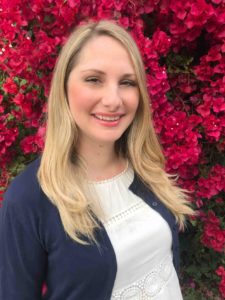 RVC: What are some of the lessons you learned by agenting children’s books?
RVC: What are some of the lessons you learned by agenting children’s books?
NL: What I learned over the years was that you’re going to suck at it for a little bit. You have to push past that, the “I don’t know what I’m doing, and nothing is selling–why is nothing selling…WHY?” because you’re kind of figuring out your own path.
Obviously, I didn’t NOT sell anything, but I have a much stronger sell-through rate now. Back then, I was still building connections. I learned that you have to stay flexible as an agent. Don’t be afraid to branch into something new, even though it’s going to take work. You’re going to have to do a lot of research. You’re going to have to talk to colleagues. You’re going to have a lot of trial and error and not be perfect in your style and process. That could all take years, but it’s worth it in the end. You just have to push past that learning curve.
***
RVC: What is the hardest part about being a literary agent?
NL: The emotional roller coaster of the industry. I get rejection daily. I pour my heart and soul into projects that don’t sell. I fall in love with projects that I don’t get to work on. I get horrible news when a book is cancelled, or something bad happens and something’s in jeopardy for an author or client. There are so many things that shift daily that you have to practice self care a lot so you can manage the ups and downs.
It’s commission work, too. Not everybody works on commission, but at least for me, it means there are ups and down throughout the year. You could have a fantastic first quarter that makes your year, then maybe nothing comes in for the next couple months and you’re questioning, “Am I ever going to sell a book again?” because you’re seeing other agents doing amazing things. And you’re thinking like, “Oh, should I be doing that?” There’s a lot of comparison going on. It’s like the Facebook thing, a lot of people shouting about all their amazing things. But they don’t share the hardships, and we all experience hardships.
James McGowan (Agent, BookEnds Literary Agency)
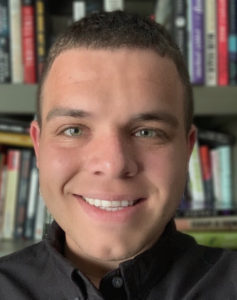 JW: What was the most helpful lesson you learned as an intern?
JW: What was the most helpful lesson you learned as an intern?
JM: Ask questions. I am by nature a question-asker but it is crucial that every intern abandon any level of fear and just ask the question they have. There is no stupid question when you’re learning a field. Also, it makes you look engaged, interested, and people remember you better when they talk to you more.
***
JW: Was there anything about the process of having your book published that took you by surprise, having worked in the industry?
JM: Ha! No, not really. I knew what to expect. Well, maybe just the general anxiety of it all. I did not realize how much pressure one can feel when gearing up for a publication day.

And since OPB underpromises and over-delivers…here are a few inspirational SCBWI FL conference highlights from this year’s Orlando event, as well!
(If you want to see all of them, here’s the full write-up on it @ OPB.)

Brett Duquette (Executive Editor, Little Bee Books)
BD: Revising can be hard. One idea is to take it like a cake in layers. Don’t try and do everything at the same time. Because if you’re like me, all you’ll do is just work on making verbs and nouns prettier. Have a language layer or a plot layer or a character layer. It might help to think about it like you’re painting.
***
BD: When I was younger, my brother gave me a photo of myself as a baby and said, Would you be mean to that person? So, if you’re hard on yourself, look at a photo of yourself as a child, and remember that you deserve love. Be gentle to yourself.
Aneeka Kalia (Associate Editor, Viking Children’s Books)
AK: Be patient, be persistent, and be kind to yourself.
Laurent Linn (Art Director, Simon & Schuster)
LL: Be true to your purpose. Because your purpose is one of the few things in life that you control.
***
LL: Be honest with your readers or readers who aren’t reading yet…no matter what their age or stage of development.
Joyce Sweeney (Agent, The Seymour Agency)
JS: Go ahead and feel the sorrow when something bad happens in your career, then get back up and say, Okay, well, what can I do now? What’s the next thing?

